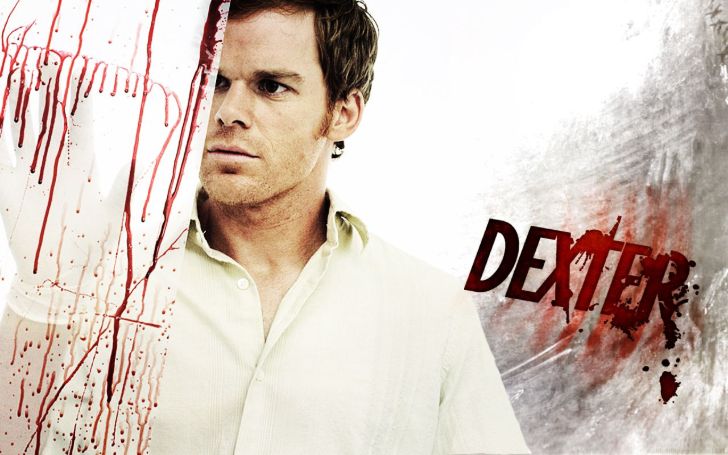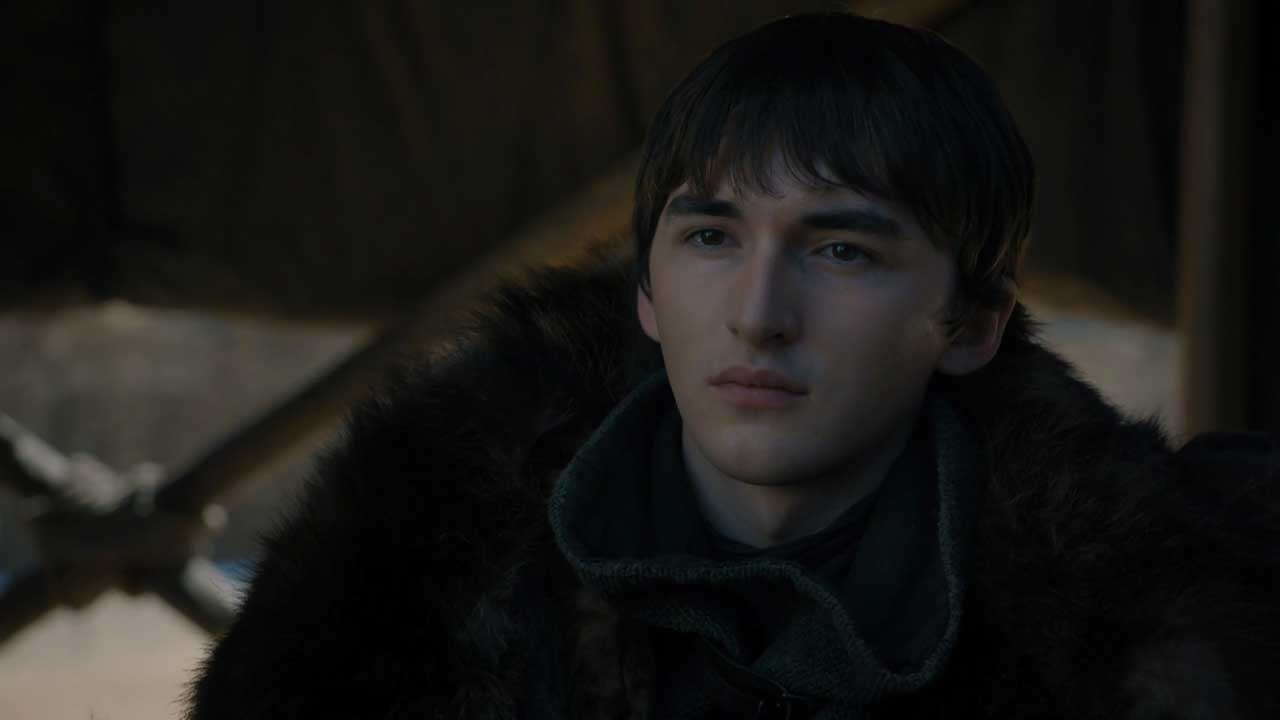Dexter Ending Will Always Be Worse Than Game Of Thrones' Even If The Ratings Say Otherwise

Dexter finale will always be worse than Game Of Thrones' in spite of whatever the ratings state.
Dexter was adapted from the pulpy novel series by Jeff Lindsay, which centers on a blood splatter analyst's secret life as a vigilante serial killer. The show was an instant hit and won cable provider, Showtime's highest ratings in years.
Eight seasons later, those critics were united in bewildered disappointment by the finale, a damp whimper which deservedly replaced Lost as everybody's go-to punchline when discussing television finale. So how did a show this good and smart become so very, very bad?

At a time before anti-heroes had become a dime a dozen across cable and network television, Dexter was quite a risk for any network, but when televised ultimately proved groundbreaking. Dexter was at its best for embracing uniquely dark mission statement; a bona fide serial killer as a sympathetic leading man – something that no other anti-heroes had tried or even dared.
Also Read: Game Of Thrones Star Kit Harington 'Checked Into Rehab For Stress And Alcohol'
Letting Dexter free at each ethical emergency robbed the character of any real progress, thus rather than inward change, he endured outside result, most eminently with the demise of Rita in Season Four. That lightning electrical jolt finishing, much like Deb's disclosure of Dexter's mystery toward the finish of Season Six, was a keen story decision which raised the show for a scene or two and appeared to propose a genuine change.
Be that as it may, soon enough the writers' reluctance to see Dexter as he would win out – in spite of all the blameless individuals that had kicked the bucket or had their lives destroyed because of his addiction – and back to its safe procedural equations the show would pace.
Though Dexter happened two seasons earlier than Breaking Bad, the show's finales aired within weeks of one another in 2013, and "Walter White's" slippery, horribly human moral decline threw all of Dexter's failings into sharp relief. Where Breaking Bad forced its anti-hero into real and increasingly monstrous change, Dexter bent over backward to make excuses for its anti-hero, making him less monster and a more misunderstood puppy.
Robbed of all his menace and otherness, Dexter became a character that even the immensely skilled Hall couldn't make intriguing in the way he once used to be, and the show dragged itself through four more mostly miserable and sloppy seasons before finally going to its end in one of the very worst television finales of all time.
As for our main question, do these all details actually pale in comparison to Game of Thrones. Well before you say no, here’s what we have to say.
Game of Thrones defined the golden age of television. The series initially became hugely popular by being an incredibly well-crafted story. Sometimes, the show would overturn audience expectations, usually by slashing off the characters presumed to be safe.
You May Also Like: The Reason Game of Thrones Star Sophie Turner Won't Ever Reprise Sansa Role
Those abrupt unexpected plot twists were sensational, practically intended for social media marketing; those who had no idea why the "Red Wedding" was so brutal quickly wanted to know the context. But it was only a matter of time before they ran out of such extraordinary thinking.

Those first few story twists were carefully organized by George R.R. Martin in the novels; they defied traditional fantasy narratives, but they certainly weren’t out of the realm possibility. The earlier seasons show the vast amount of groundwork laid before those sudden story changes. All the clues were there, but few would guess their significance. Later plot twists, however, seemed to emerge out of the blue (quite literally), like "Arya" did, during her famous "Night-King" killing.
That scene was lazily forecasted by a display of "Arya" using the same move against "Brienne", but little did it held a meaning or any prior clues. The finale; Bran, of course, was one of the most voted characters to have ended as the ruler of the Seven Kingdoms but looking at the way in which he was crowned the king made no point of his ascension. It only seemed to be a mere hint that Westeros was beginning to form a democracy.
Game of Thrones sure declined in its standard over its last two seasons – but the legacy it created before that was arguably the most pinnacle moment of a television era. As for IMDb's netizens, the series did have more reviewers than Dexter’s finale, and it gained relatively fewer ratings, but not than Dexter's.
GoT's finale had the courtesy of agenda-driven era fueling hatred through one's own dissatisfaction that ultimately failed the series to meet the expectation by a long shot. But Dexter really hadn't started to gather much hatred until the transition of its lead character, yet it failed to please viewers despite any set expectations.
